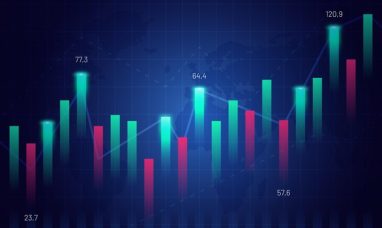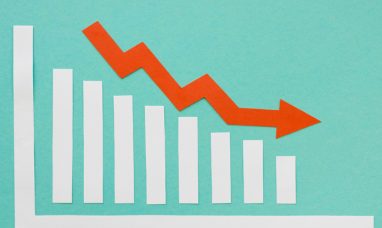Consumer confidence took a sharp downturn in April, driven by inflation concerns and a gloomy outlook on the job market, plummeting to its lowest level since 2022, according to the Conference Board.
The Conference Board’s consumer confidence index dropped to 97 in April, falling below economists’ forecasts of 104 and dipping from March’s reading of 103.1.
Dana Peterson, chief economist at the Conference Board, attributed the decline to consumers’ diminished optimism about the current labor market situation and growing concerns about future business conditions, job availability, and income.
In addition to the overall confidence index, consumers’ expectations for the next six months also reached their lowest point since July 2022, driven by a more pessimistic outlook for future business conditions, labor market conditions, and income expectations.
The Conference Board highlighted that confidence among consumers earning less than $50,000 per year remained “stable,” while confidence among higher earners weakened.
Wells Fargo(NYSE:WFC) senior economist Tim Quinlan noted that despite the drop in consumer confidence, consumers appear to be in a relatively stable position. However, persistent high living costs combined with a less robust labor market compared to previous years have dampened sentiment.
The decline in consumer confidence coincides with mixed US economic data, including higher-than-expected inflation figures. The core Personal Consumption Expenditures index, closely monitored by the Federal Reserve, rose 2.8% over the prior year in March, exceeding estimates and maintaining the same pace as February.
Ben Ayers, senior economist at Nationwide, characterized the trend as “concerning,” suggesting that any expectations for rate cuts in the first half of 2024 should be dismissed.
Federal Reserve Chair Jerome Powell acknowledged the persistence of inflationary pressures, indicating that achieving sustainable progress toward the Fed’s 2% inflation target may take longer than anticipated.
Meanwhile, economic growth in the first quarter fell short of expectations, with the Bureau of Economic Analysis reporting a 1.6% annualized growth rate, below the 2.5% forecasted by economists. This figure marked a significant decline from the revised fourth-quarter GDP growth rate of 3.4%.
Featured Image: Freepik






